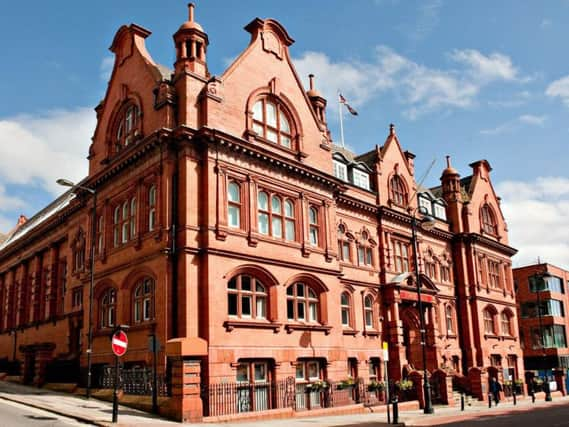The big freeze set to hit Wigan (council tax bills that is!)


The town hall’s part of the tax burden will stay the same for the sixth year in a row, making the borough one of just a few town halls in the country not yanking fees up.
The local authority will spectacularly buck the national trend when it comes to people’s bills, with 97 per cent of town halls in England expected to oversee council tax rises.
Advertisement
Hide AdAdvertisement
Hide AdResidents also no longer have to pay a special fee for adult social care although Greater Manchester precepts for the mayor and emergency services are expected to be announced today, meaning bills could still go up.
The council says it will also protect all frontline services even though it is having to find around £2.3m to cover adult social care and £400,000 to keep town centre parking free until March.
In return, and following the concerns about urban centres raised in a recent council listening project, town hall bosses say people face using their town centres or losing them.
Wigan Council leader Coun David Molyneux said: “We know there are challenges for our town centres and we need people to support it.
Advertisement
Hide AdAdvertisement
Hide Ad“Our public has to support Wigan and spend the Wigan pound. The more we do that the better we will come out of it.
“We aim to support our town centres to protect our economy, businesses and employment and keeping free car parking is a major part of that.
“There are also no cuts to frontline services planned at all. We face the fastest-growing ageing population in Greater Manchester but the things we have implemented over the last few years are now bearing fruit.”
The council has now managed to keep the general part of its council tax the same for six years, although there have been additions to bills for ring-fenced adult social care payments for the previous two years.
It is one of very few authorities in the north of England to do this, with most Greater Manchester households facing rises of between four and six per cent.